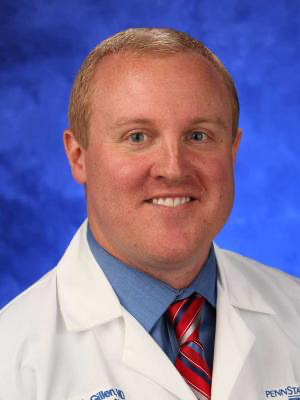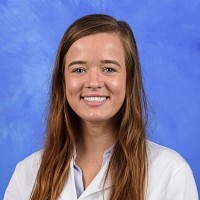HVC Student Interest Group
Overview
SUMMARY
Student Interest Groups serve as an excellent environment to spread the word pertaining to various concepts, topics and events related to the field of medicine. Forming one specifically for “High Value Care” concepts, topics, and events promotes active engagement and dissemination of necessary information.
PURPOSE
To create a motivating and collaborative environment to support students interested in high value care (HVC) concepts, topics, and events and increase awareness of HVC at their local institutions.
WHY IMPLEMENT
- A HVC Student Interest Group attracts a collective of like-minded students and faculty;
- A HVC Student Interest Group can be officially recognized as such and lead to school funding for HVC events and/or implementation of HVC curricula/initiatives;
- A HVC Student Interest Group allows for infrastructure and formal processes to provide leadership opportunities for students.
STEPS FOR IMPLEMENTATION
- Identify parties interested in the subject matter of the HVC Student Interest Group. You will want to gather:
- students willing to help lead the group (i.e. the executive board);
- potential members for the group;
- faculty mentor(s)/physician leader(s) – critical to success!
- Contact the leader of your school’s club organizations/governing bodies for the appropriate processes/steps on how to create a student interest group:
- connect with your student government reps if you are confused or there is not a clear process in place
- Follow the steps outlined in your school’s processes to create the student interest group:
- in some cases, there may need to be a constitution created that outlines goals of the group and which needs to be approved by the governing body;
- in some cases, there may need to be a presentation at a general body meeting for the approval of other student leaders and the approval to receive funding.
- Follow-up with leadership about steps all approved organizations have to take and follow guidelines on funding
- Once created, meet regularly with the leadership of your HVC Student Interest Group to organize and host events within the interest group and greater medical school community – maintain momentum!
HELPFUL RESOURCES
- Penn State University – Mission Statement/Constitution of HVC interest group: https://docs.google.com/document/d/1oEE79RksUVDx4sI_pq2o3HD28eR4jR_DpM55NGg65dw/edit?usp=sharing
- Resources from your school’s governing bodies on how to create new student interest groups
BEST PRACTICES
- Identify a key faculty mentor or physician leader who will help establish the interest group, as most schools require there to be a faculty mentor (use your STARS mentor if they are willing!).
- Understand the process of creating a new interest group at your school, as the process can be different from one school to another. It is helpful to contact the student/person who is in charge of coordinating new interest group applications directly, as this process can change from year to year.
LESSONS LEARNED
- The process can be slow, but please be patient with the process, as there may be more behind-the-scenes work that occurs and the end result is certainly worth it!
- Collaborative events across various student interest groups, and even across schools, often yield the highest success.
- Navigating the politics of your institution may present roadblocks when planning initiatives or events, but relying on your faculty mentor will help guide over these.
- If choosing between holding an event during an exam week and postponing the event, post-pone it (you probably will see better turnout). Food also helps attract a turnout, as well as holding an event before or after a mandatory class.
IMPACT STATEMENTS
“Our student interest group has designed and ran two High Value care (HVC) case competitions, designed and delivered a HVC block as part of the MS1 Health Systems Science curriculum, developed and launched a HVC faculty recognition award, and published three abstracts related to the work we have done.” – STARS students on the success of their student interest group
“It has been very valuable to meet with students who are passionate about HVC topics and willing to work together to create more awareness for HVC among the students.” – Current HVC Student Interest Group member
CHAMPIONS

Dr. Brian McGillen is the STARS faculty mentor as well as the mentor for the HVC interest group. Dr. McGillen has consistently provided support for our initiatives and foresees potential barriers with help on how to address them. He has attended late evening meetings and is always willing to answer long emails.

Jill Stachowski is a fourth-year medical student at Penn State College of Medicine’s University Park program. She served as a STARS Student Ambassador and president of Penn State’s HVC Interest Group. After finding a passion for visual learning and getting to see improvements in the health and well-being of dermatology patients, she has applied to dermatology.

